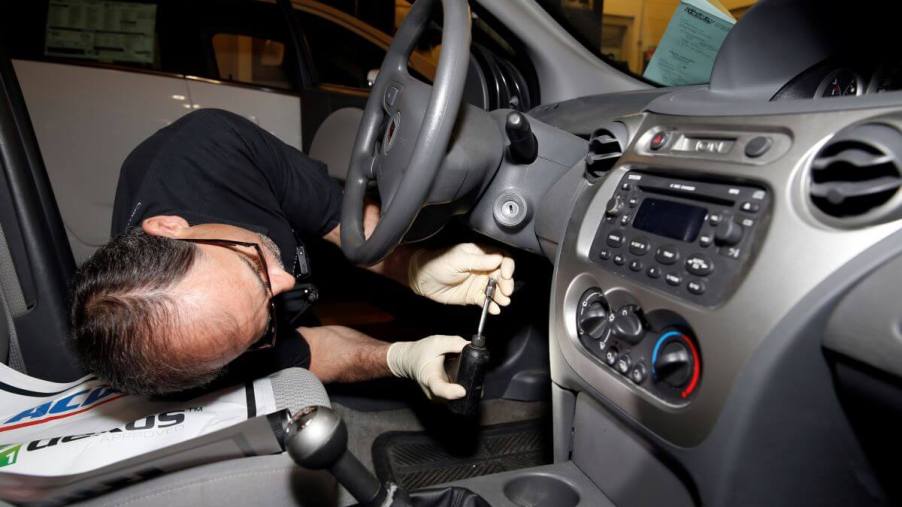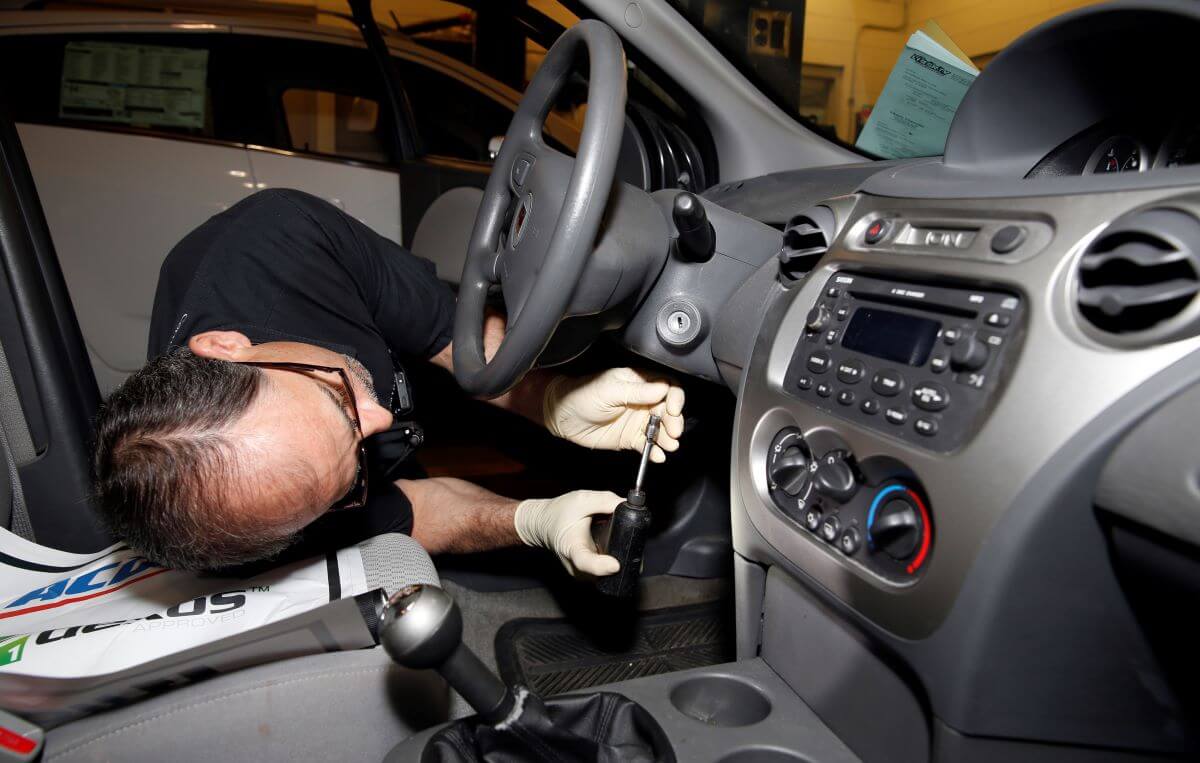
How Long Does a Car Recall Take to Fix?
The automotive recall rate continues to be a major story as 2023 continues. Long-established brands like Ford faltered badly last year, alongside newer contenders like Tesla. So far, that fresh feeling of a new year doesn’t seem relevant to quality control in the automotive industry.
Whether owners are already subject to a recall or not, it’s a common worry for any vehicle owners in 2023. One might as well prepare for the worst, even if their car shows no signs of issues so far. So, how long do recalls take to fix their customers’ cars, and do they have any responsibilities beyond repairs?
How do automobile owners find out when recalls occur?
Recalls are triggered by the discovery of dangerous flaws in one or more vehicle components. Many are uncovered due to consumer complaints. Generally, a large number of warranty applications focused on a particular issue. NHTSA investigations are also known to lead to major recalls, and they maintain a database of all of them at NHTSA.
Receiving an official notice of a recall in the mail is just the start of a generally lengthy, complex process, according to Consumer Reports. Depending on the issue in question, there may be instructions on handling the vehicle safely before it is either picked up or driven to the nearest dealership.
Issues like dangerous batteries or faulty fuel pumps have marked many recent recalls. In cases like these, it is usually recommended in the letter from the manufacturer to stop driving the car regularly. For lesser issues, owners may have a window of time before turning in their cars.
In the U.S., consumer laws require that all recalls are handled entirely on the company side. Vehicle owners are not required to pay for any repairs or replacements needed to receive a reasonably safe vehicle.
How long do recalls take to fix each vehicle?

Whether vehicle owners wait to turn their cars in or do so immediately, the recall varies based on the repair in question. Some simply require waiting for a software update to be pushed before the vehicle can be safely operated. Others require dealerships to receive parts, then deal with long queues of customers looking to receive their free repairs. That can take weeks.
However, these extremes are not descriptive of most recalls. Usually, customer frustration and bad press associated with lengthy repair processes have manufacturers working hard to keep things running smoothly. It may be terrifying that certain companies keep having to recall their cars for various issues, but usually, each problem is dealt with relatively quickly.
Are dealers obligated to give loaner cars to customers dealing with a recall?
Dealers often help out their customers during long waits for repairs. It’s common enough that some people with recalled vehicles assume that a fully comped rental car will be waiting for them when they drop off their lemon.
Unfortunately, AutoTrends reports that this practice is a mere courtesy. Auto companies or dealerships have no legal obligation beyond repairing recalled parts in a timely fashion. If they don’t earmark the funds for taking care of their stranded customers, technically, they’re not doing anything wrong — legally, anyway.
Even well-regarded manufacturers might drag their feet when faulty parts aren’t life-or-death. So, what passes as a mere inconvenience to companies can be obnoxious for their buyers. Last summer, widespread windshield wiper motor failures were not treated with much alarm. However, a supposedly minor issue can be a massive pain for drivers looking to work on time on a rainy day.



